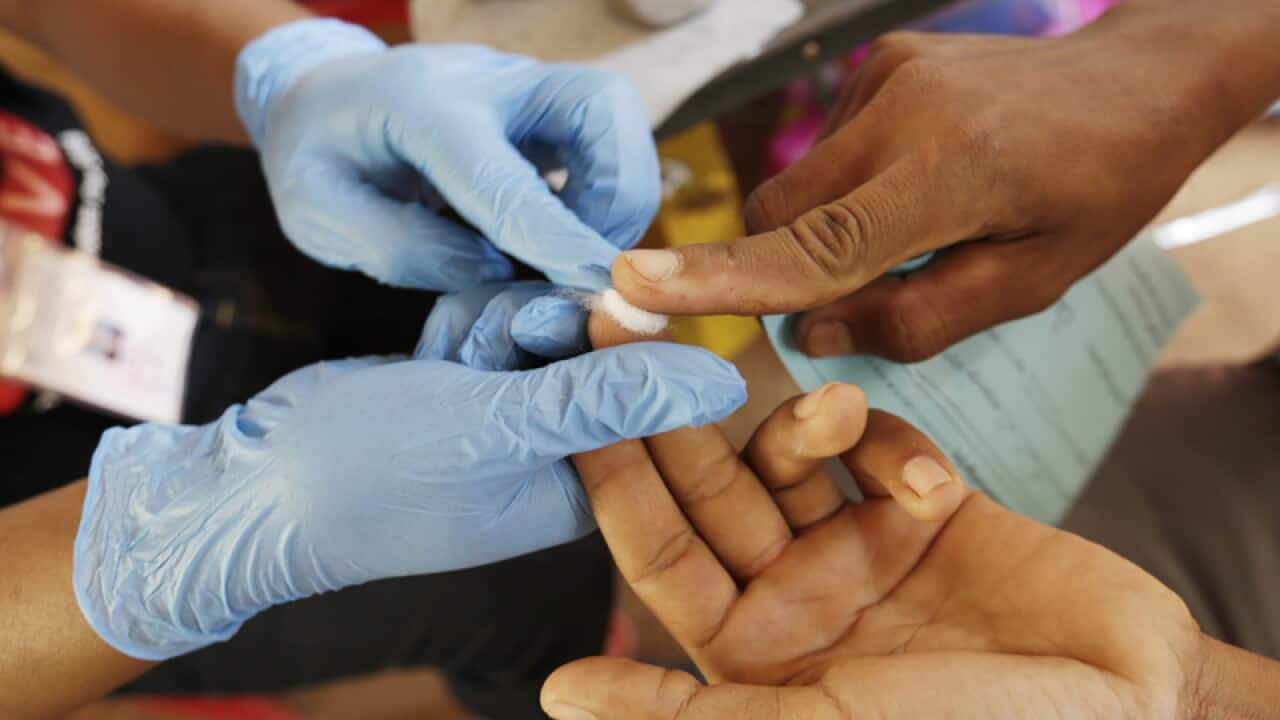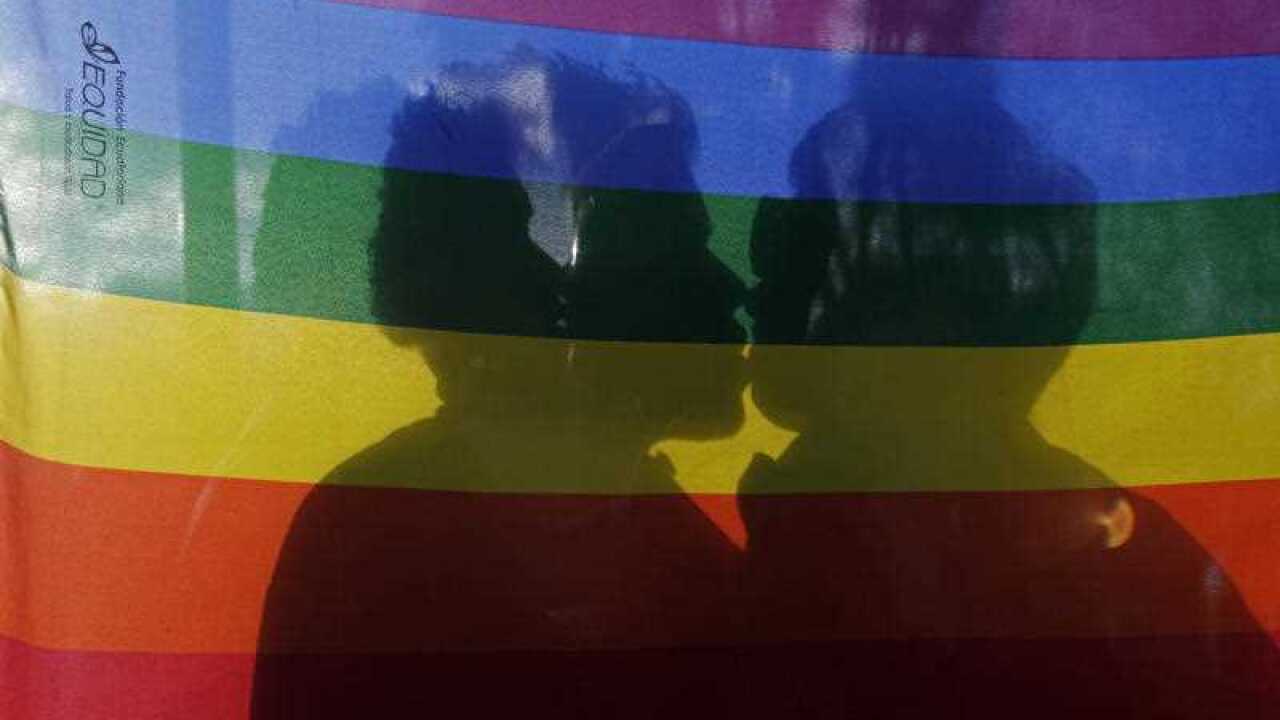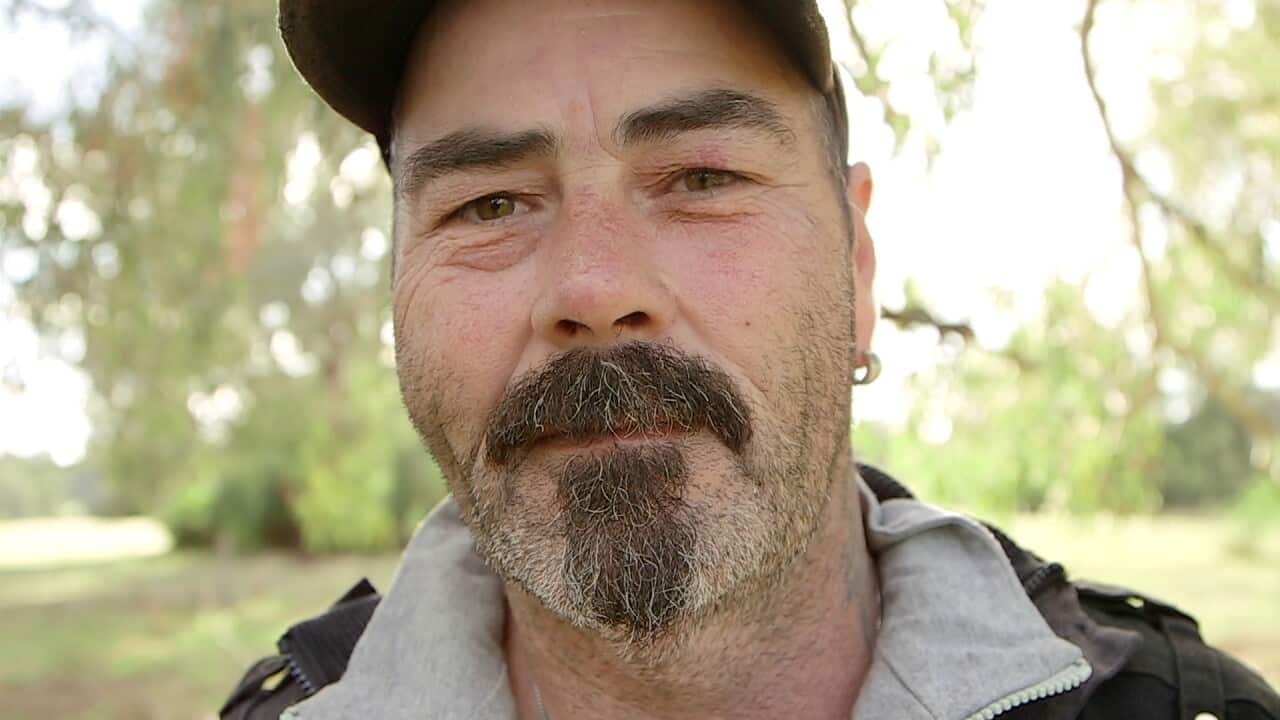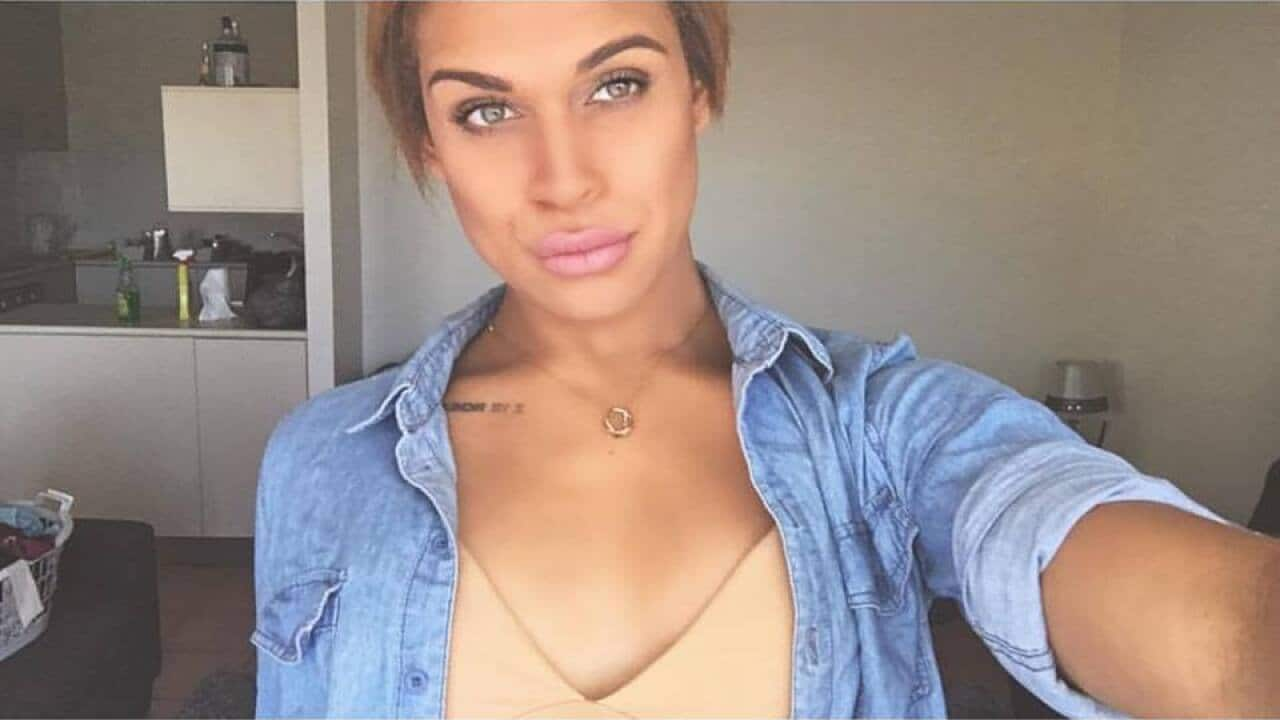Two sexual health prevention programs for Aboriginal and Torres Strait Islander peoples are being defunded by the government without any consultation or evaluation of their success, a senate estimates hearing has heard.
The Department of Health confirmed the Northern Territory AIDS and Hepatitis Council and the Queensland AIDS Council for Sexual Health will have their federal funding of almost $800,000 for specific programs ceased on 1 July.
The Department gave no explanation as to why or how the funds would be redirected to alternative providers.
Labor Senator Jenny McAllister asked a department official whether any specific evaluation of the programs was carried out.
The response was that the department had not carried out any evaluation with these specific organisations, and it was not aware if state-based organisations would be willing to partner with the department in an evaluation of the programs.
"So you have defunded them without a specific evaluation of the programs?" Senator McAllister asked.
Department of Health Official:"No, we didn’t ask."
Senator McAllister: "Didn’t ask, didn’t do an evaluation, defunded. Ok."
Fellow Labor senator Malarndirri McCarthy was confounded by the department's response.
"You acknowledge that rates of STIs are increasing at a phenomenal rate, you want to have a national program," she said.
"You haven't evaluated the current situation with the Queensland and Northern Territory centres nor offered them an opportunity.
"So how is that going to close the gap in health for Indigenous Australians, when you've made a decision it appears without any thorough thought?"
First Assistant Secretary Indigenous Health Division at the Department of Health, Bobby Campbell, said more than $11 million in sexual health funding would be available from over the next two financial years but offered under different conditions for innovative projects and grants.
"It's not that we're completely pulling out, it's that we are looking at a different way of doing something so we can have maximum impact," she said.
"These organisations are always welcome to provide proposals."
Queensland AIDS Council Executive Director, Michael Scott, said many of the Indigenous LGBTI community will have nowhere to go once funding is cut.
"Primarily our clients are Brotherboys and Sistergirls, and what this funding cut says is that LBGTI are not important enough to have targeted healthcare," he told NITV.
"There are a number of AMS (Aboriginal Medical Services) around, but LGBTI do not feel comfortable and find it difficult to disclose their gender identity or sexuality to a complete stranger."
The Queensland AIDS Council has been in operation for over 30 years, providing targeted services to members of the Indigenous LGBTI community. In particular, its 2 Spirits Program is facing the funding cut. The program uses a whole of community approach and provides one on one care and support for people living with HIV, elders forums and a range of retreats around mental and sexual health.
The Northern Territory AIDS and Hepatitis Council's Aboriginal Sexual Health Program will also face cuts.
Executive Director of the Northern Territory AIDS and Hepatitis Council, Kim Gates, said the LGTBI communities have unique healthcare needs that relate to addressing their sexuality and gender identity concerns.
"They face significant levels of stigma, discrimination and social exclusion. The impact these funding cuts will potentially have on Aboriginal and Torres Strait Islander LGTB+ community members, particularly Sistergirls and Brotherboys, has not been considered," she said.
Each program represents a longstanding effort by the Councils to address the disproportionate instance of STI rates amongst Aboriginal and Torres Strait Islander people in Queensland and in the Northern Territory.
Both programs have been active for 21 years, and remain the only community programs in the NT and Queensland delivering specific and culturally safe sexual health promotion and education directly to Aboriginal and Torres Strait Islander LGBTI people, including Sistergirls and Brotherboys.
They deliver services to remote and regional communities, assisting specific populations that often experience difficulties accessing mainstream health services.
Aboriginal and Torres Strait Islander people have STI rates up to 20 times higher than non-Indigenous people, and constitute 60% of people living with chronic hepatitis B in the Northern Territory.
Both organisations have set up a joint campaign to reverse the funding cuts. They have started a petition on Change.org so the 2 Spirits and Aboriginal Sexual Health programs can continue after June 30.
They are also running a social media campaign under #LGBTIBlackLivesMatter






